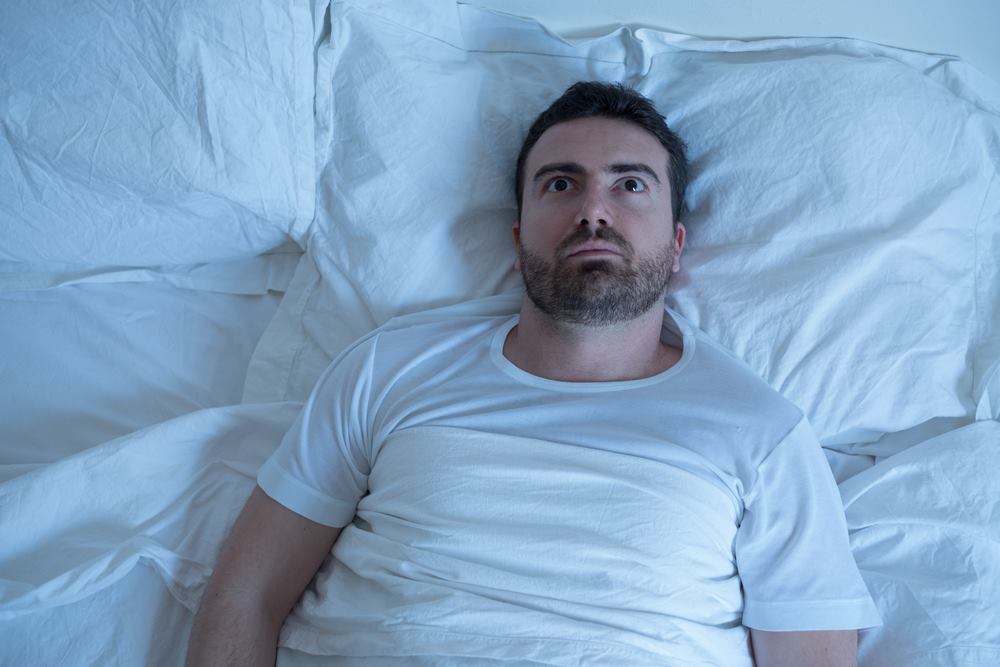Cool Sleep Tips
How To Get Comfortable Sleep Using A Good Mattress
Beds are the maximum frequently used pieces of furniture used within the domestic. We spend a mean one 1/3 of our time asleep. New bedding is an easy exchange to make and brings a fresh appearance and experience on your bed room. While you create this bedroom you have continually dreamed of, it's far one which invites you in and lulls you to sleep in peace and luxury.
Down Comforter - luxurious is what you get with an opulent down comforter. Down comforters will offer you with a touch greater elegance when you move slowly into mattress at night time. They may be acknowledged to keep you extra heat when it is chilly, and light sufficient to hold you cool when it's miles warm. Kids Bedding some thing else to think about is youngsters bedding. We all understand that as kids grow up, they develop out in their bedding. They put on out their bedding, they bounce on it, toss and flip in it, drag it anywhere they pass - as a way to keep their beds sparkling and up-to-date, you have to update them each once in a while.
Sheets - on the subject of your mattress, comforters aren't the whole thing. You need all sorts of other bedding add-ons to praise that beautiful comforter too. You need a comfy sheet. One sheet this is surprisingly encouraged is the natural bamboo sheets. They may be softer and more relaxed than the standard cotton sheets, and are certainly absorbent, retaining you cool whilst it's miles warm.
Pillows - to finish your bedding update, you need at ease pillows. Pillows put on down quick, decrease head, neck and again support. To get a great nights sleep, a relaxed pillow is a have to.
Good Mattress - To get a good night sleep, you must sleep on a modern healthy mattress. There are a lot of types and brands of mattresses. Visit Mattress Insight to get helpful tips and guide about the healthy and comfortable mattress.
Trouble Sleeping Can Lead To Medical Problems
Normal active adults require from six to ten hours of good, restful sleep each day in order to maintain peak health and efficiency. The body needs this “down time” in order to release stored stress, relax, and restore the energy supplies of the body. During sleep the body repairs soft tissue and muscles and the mind processes things learned during the day. It also processes memory while individuals sleep. Sleep is very important to overall good health. When a people develops trouble sleeping, action is needed to correct the problem.
Without adequate sleep (both in quality of sleep and the amount of it) a person will begin to experience certain specific changes in the body. People who experience poor sleep become irritable, moody, and begin to experience lapses in the ability to pay attention to tasks or work. As the amount of sleep deprivation increases, other observable signs of it are noticeable. Individuals may start to nod off to sleep at various, often inappropriate times, such as in meetings, at stop lights, and when working on various tasks while sitting. Speech may become slower, emotional responses tend to flatten out, and speech sometimes becomes garbled. When sleep deprivation effects become sever enough to interfere with normal daily activities, a person may even experience mild hallucinations. All of these symptoms indicate the stress on the body that is a product of a major lack of restful sleep.
Such behaviors are not merely inconvenient. They are symptoms of the physiological changes occurring within the body from lack of sleep. Sleep deprivation can actually lead to abnormalities in the central nervous system, especially in the brain; cardiovascular problems; disturbances in metabolic functions; and decreases in the effectiveness of the immune system. Other unhealthy conditions triggered by lack of sleep include insomnia, pathological sleepiness (such as narcolepsy), and predisposition to having accidents (such as tripping and falling, at the wheel of a car, and others). Lack of sleep can also lead to hypertension and cardiovascular incidents, such as strokes.
Certain groups of people are at greater risk of developing sleep problems that can become problematic to their health. Long-haul truck drivers, workers on the night shift, physicians, new parents, and even teenagers have a higher than usual incidence of problems with sleep deprivation. At the bottom line, though, is the trigger of stress. Stress is the number one cause of the development of sleep problems. Pressures at work and school, family problems, experiencing a serious illness and coping with a family death may all lead to sleep disruptions. Travel is a key disrupter of normal sleep patterns. Learning to manage all these triggers effectively, or compensate for them temporarily is the key to managing sleep problems before they become severe.
Helpful Sleep Resources:

© Copyright Cool Sleep Tips